Blog
 Word Knowledge: Vocabulary AND Grammar
Word Knowledge: Vocabulary AND GrammarA common question that most language learners eventually ask is a version of the following: “Which is more important, grammar or vocabulary?” The answer to this question is that it depends on your needs. Certainly, early on it is necessary to learn basic words and phrases – such as, “Hello,” “Goodbye,” “Thank you” – but while it [...]
10 Jul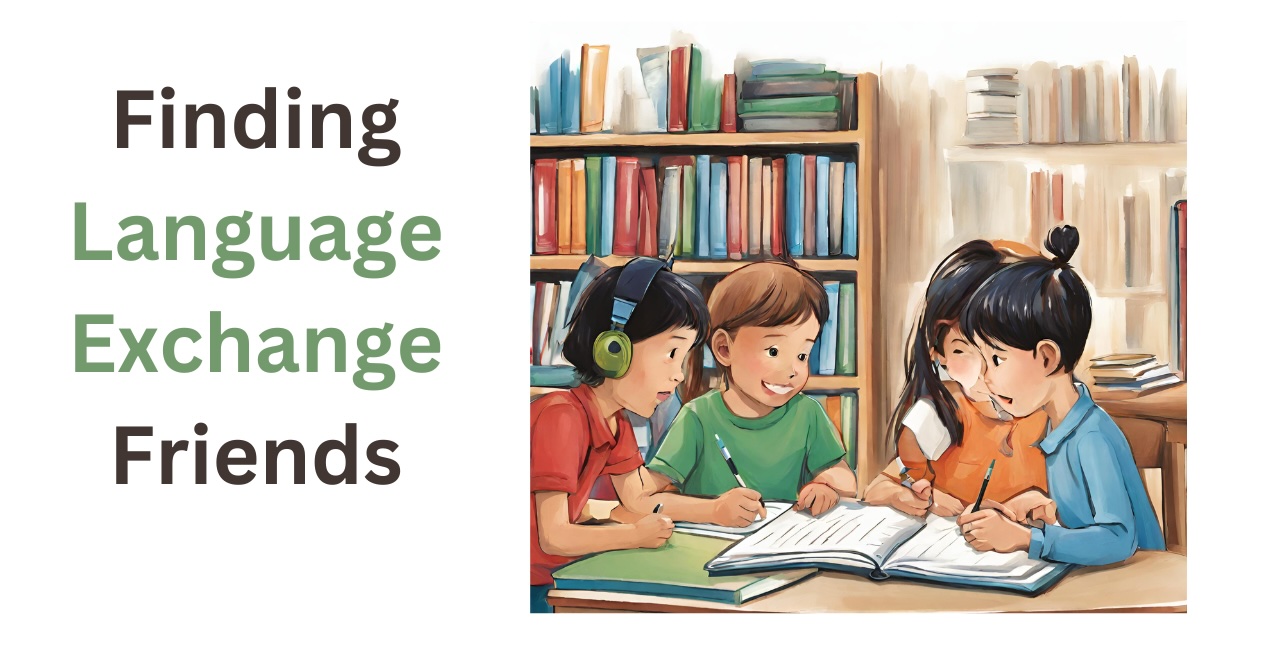 Finding Language Exchange Friends
Finding Language Exchange FriendsBefore I get into the details of how to go about finding language exchange friends, let me share an anecdote from when I was learning Korean. ### An Anecdote When I lived in Korea (South Korea, that is), I was very fortunate to find a language exchange group almost immediately upon emigrating to the country. At the group, I was [...]
16 Apr Receptive Skills vs. Productive Skills
Receptive Skills vs. Productive Skills### What is more important: Input or Output? ### Input vs. Output / Receptive Skills vs. Productive Skills In the language learning community online and in academia, there is a bit of a debate about the importance, priority, and timing of when to do “output” and how much “input” one needs. Some learners get caught up in trying t [...]
25 Mar Developing a Study Plan
Developing a Study PlanIn this blog, you will find a framework for developing a study plan. While the details and the examples are all set in the context of second & foreign language learning, the main points are transferrable to other skills. You could, for example, use the same advice to train for sports, become more virtuosic in your musicianship on [...]
02 Mar 'Microlearning' and 'Hidden Moments' in Language Learning
'Microlearning' and 'Hidden Moments' in Language LearningAs a busy working father with full-time job responsibilities, there are not that many days when I have long periods of free time to spend on language learning. However, I still have a surprising number of small ‘hidden moments’ in my daily life – gaps which I can use to engage in microlearning my target language. In his inspiring [...]
17 Feb The 4 Core Language Skills: Speaking/Listening/Reading/Writing
The 4 Core Language Skills: Speaking/Listening/Reading/WritingWhen you want to acquire a new language, a good way to think about the language is to ensure that you are practicing the four core language skills: Speaking, Listening Reading, and Writing. In this blog, we will briefly discuss and analyze each of the skills, go over how they are interrelated, and give some practical tips for how [...]
06 Feb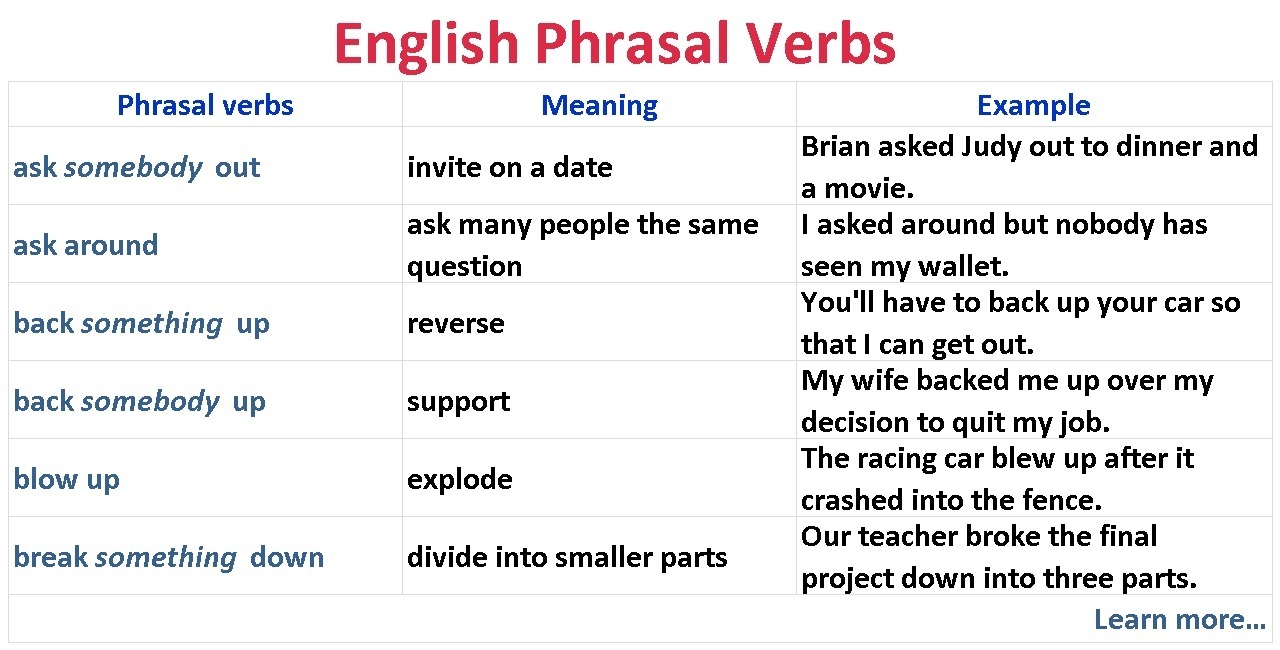 English Phrasal Verbs
English Phrasal Verbs**Demystifying English Phrasal Verbs: What Are They and Why Learn Them?** Phrasal verbs are undoubtedly one of the most distinctive features of the English language. These dynamic expressions consist of a verb and one or more particles (usually prepositions or adverbs) that significantly alter the original meaning of the verb. Fo [...]
24 Jul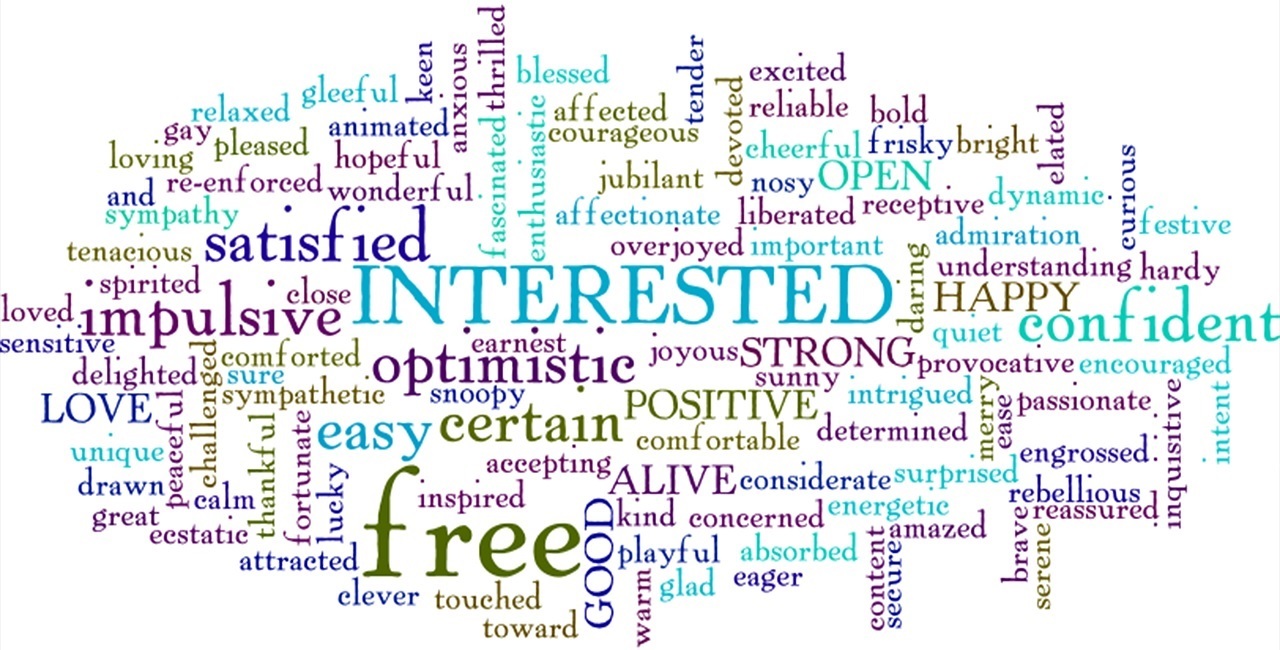 Cloud-Based Vocabulary Building
Cloud-Based Vocabulary BuildingIn today's fast-paced world, effective communication skills are more important than ever. A robust vocabulary acts as a gateway to articulate thoughts, express ideas with precision, and connect with others on a deeper level. But how can we enhance our word power in a captivating and enjoyable way? Enter the realm of cloud-based vo [...]
15 Jun Best Spaced Repetition Learning System
Best Spaced Repetition Learning SystemSpaced repetition is an effective memorization technique based on the repetition of educational material according to certain programmable algorithms with constant or variable time intervals. Although this principle can be applied to the memorization of any information, it is most widely used in the study of foreign languages. Spa [...]
06 Jun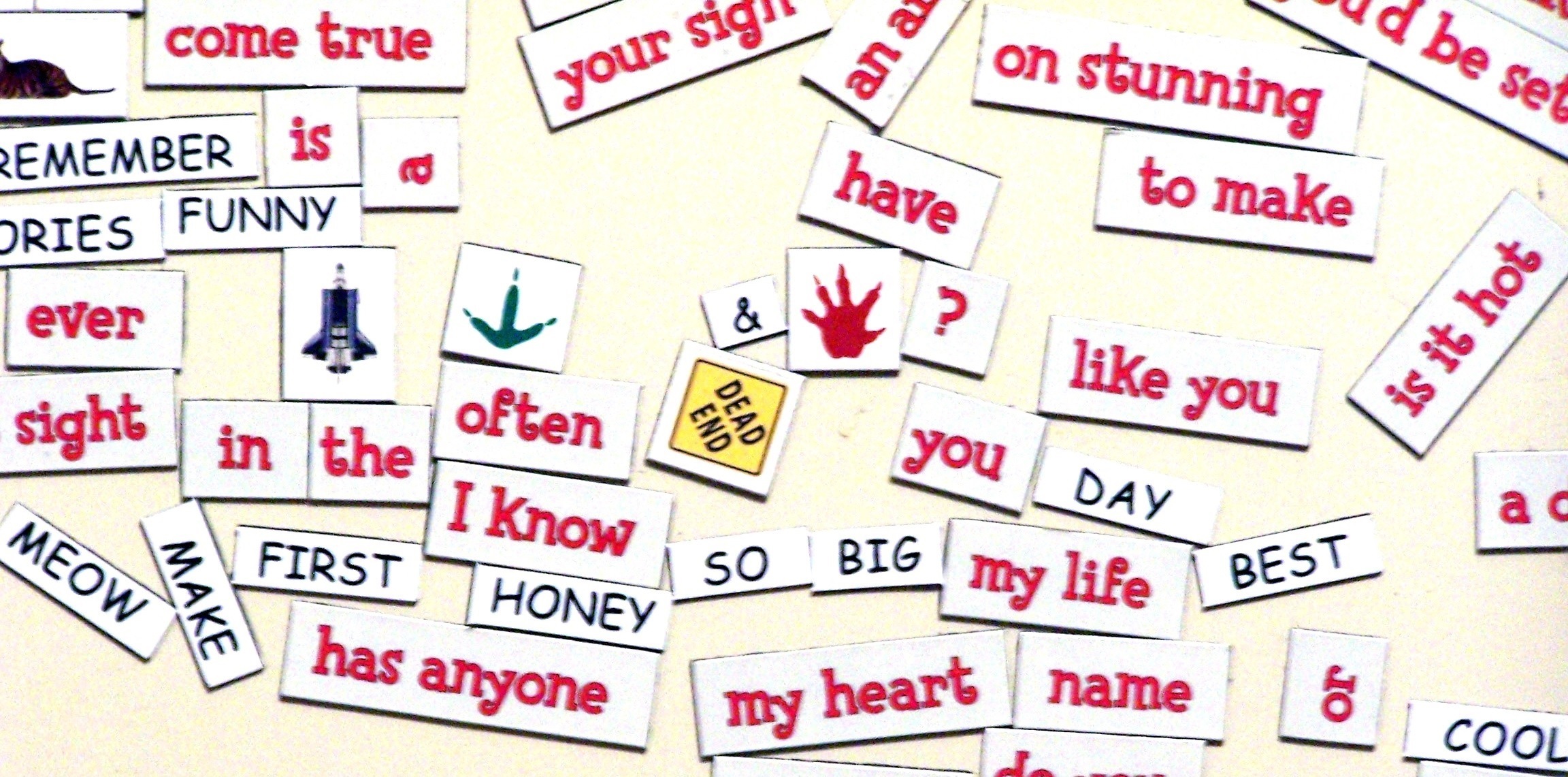 Frequency dictionary is the best way to learn English or any language.
Frequency dictionary is the best way to learn English or any language.A frequency dictionary is a collection (list) of words in a particular language that are most frequently used in written or spoken language. The dictionary can be sorted by frequency, alphabetically, by groups of words (for example, the first thousands of the most frequent words, followed by the second, etc.), by typicality (word [...]
30 May How to learn English fast?
How to learn English fast?How to learn English fast? I asked myself this question two years ago (at the age of 32). Having started actively learning a new language from scratch, I came across three main problems: 1. Improving vocabulary and storage of hard-to-remember words 2. Lack of time for studying foreign languages 3. How to find native speakers for [...]
24 Jan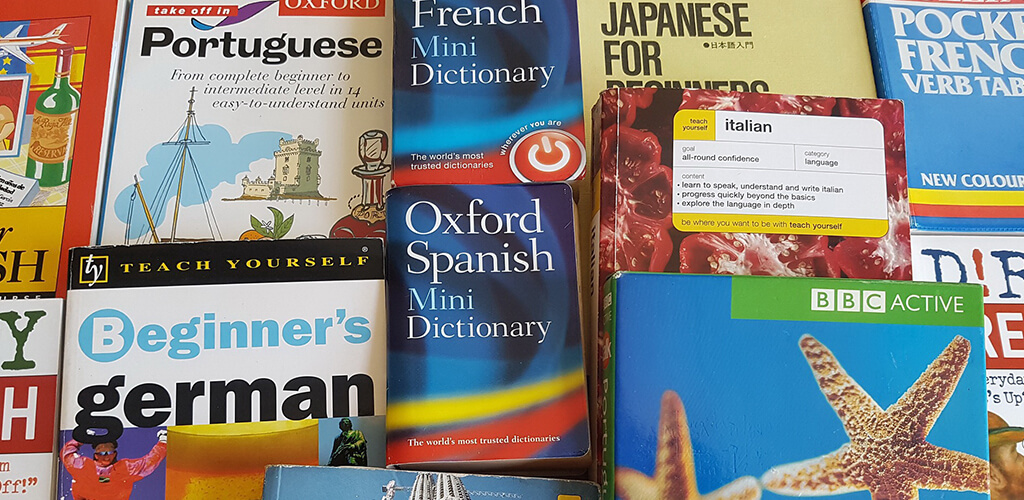 How to improve vocabulary? The best ways to memorize new words
How to improve vocabulary? The best ways to memorize new wordsHow to improve vocabulary? Every student who is learning a foreign language asks this question. There are several basic ways to improve the vocabulary, which we will cover in this article: 1. Listening to and repeating the words you want to memorize 2. Using the flash card method 3. Creating associations with visuals 4. Memorizi [...]
29 May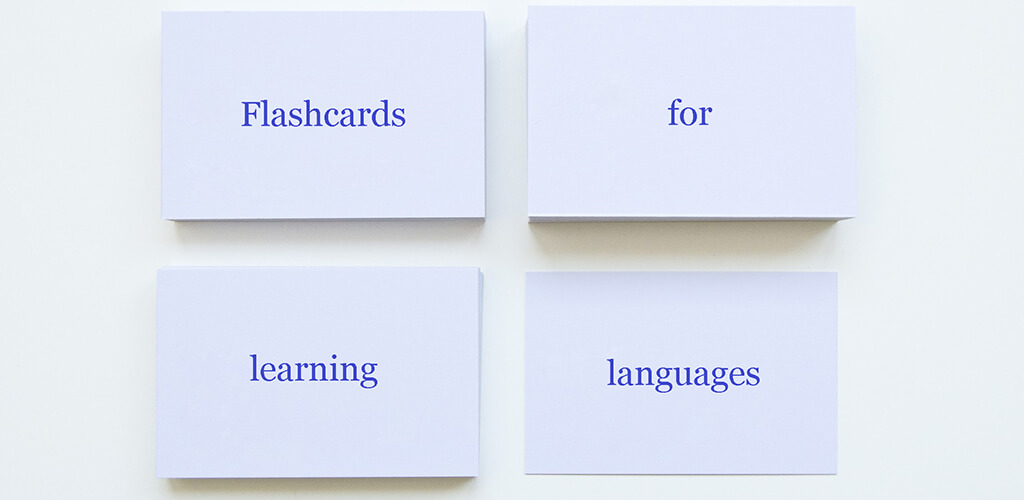 Flashcards - language cards for learning a foreign language
Flashcards - language cards for learning a foreign languageFlashcards for learning a foreign language are the simplest and most common method of self-study. One side holds a difficult word, and the other side has its meaning or translation. After drawing up a deck of cards, you start to look at the cards, gradually setting aside what you have already learned, until you have learned the w [...]
29 May How to find native speakers for language practice?
How to find native speakers for language practice?How to find native speakers for language practice? This question is of interest to almost every person who learns a foreign language. After the successful development of the first versions of the mobile Lingocard application its public placement and ease of access, the app gained tens of thousands of users. But what about langu [...]
25 Jan